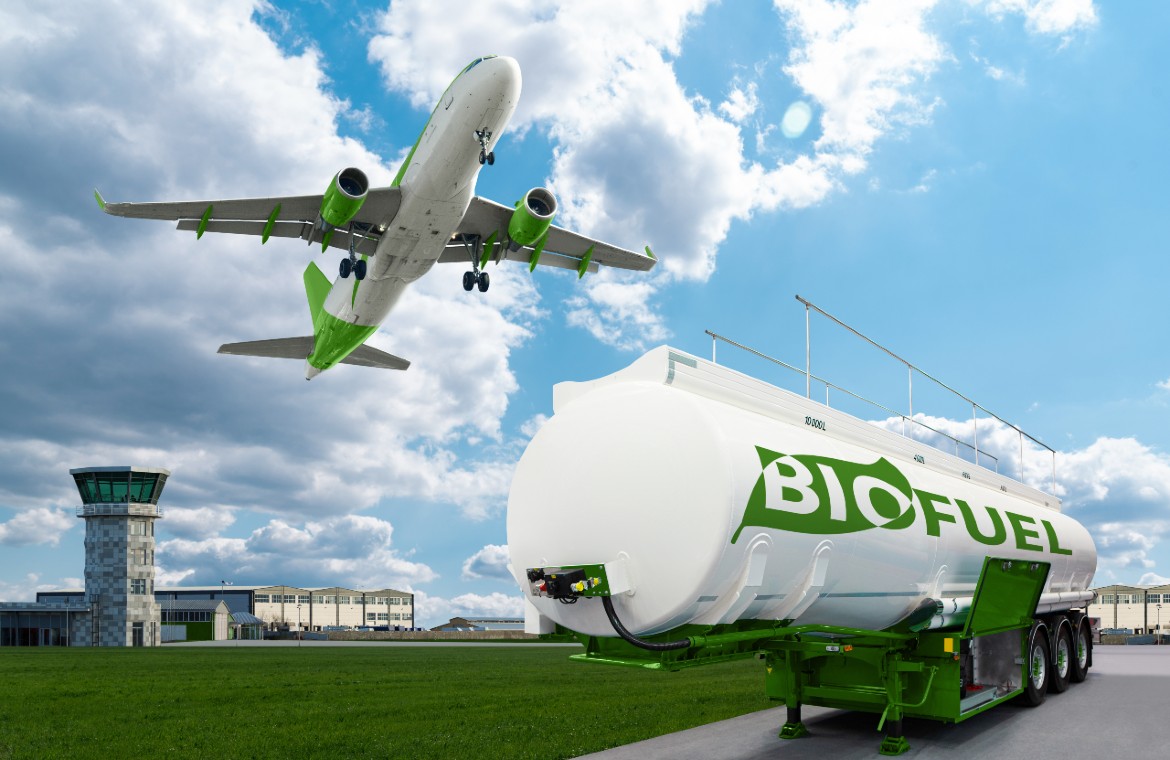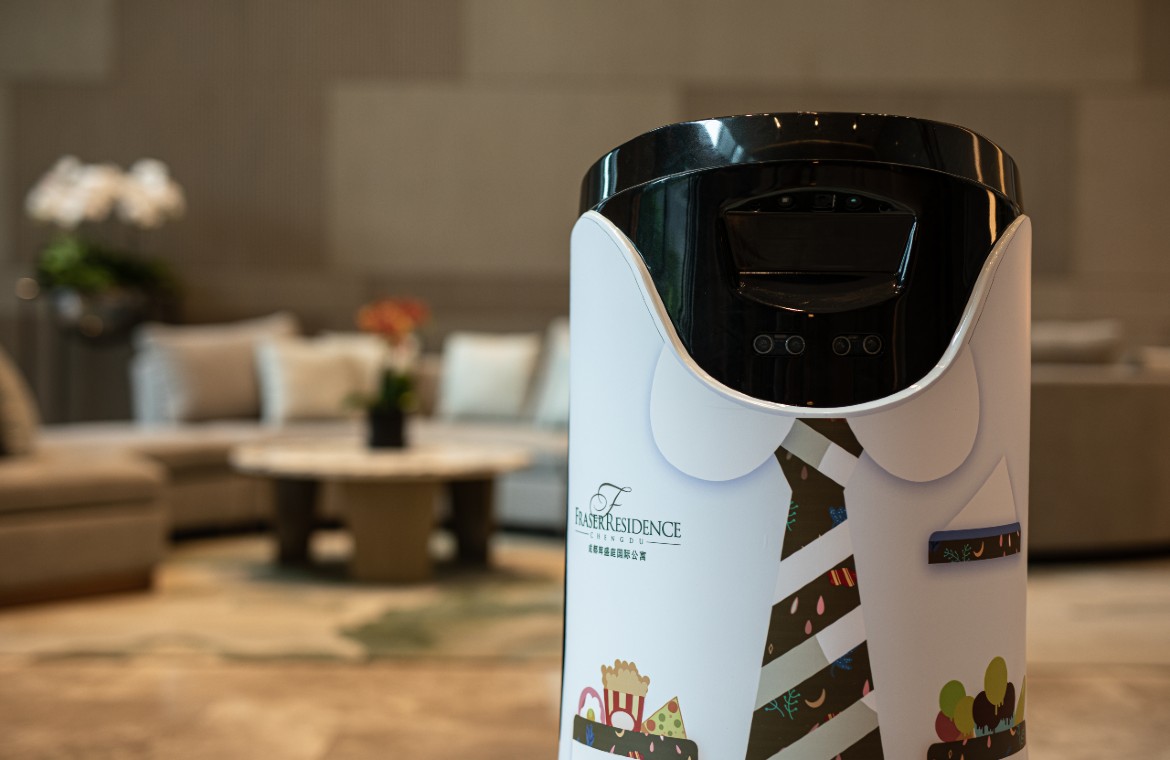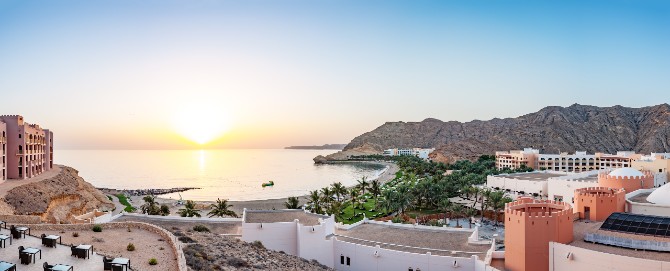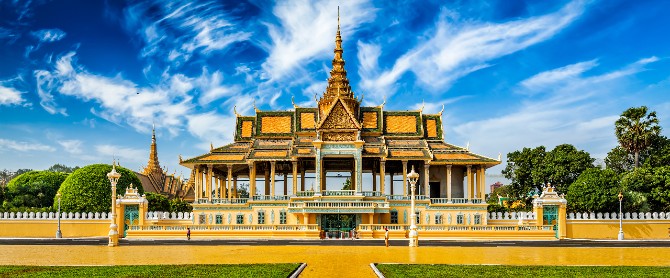What could the future of travel look like?
01 December 2022
The world of travel is constantly evolving. A decade or two from now, your holiday could resemble something from a science fiction movie, starring ultra high-tech planes, airports and hotels. The world at large could also look vastly different, with once overtouristed destinations enjoying a new lease of life. Without a doubt, the vacation experience of the future will be miles from what it is today – so what are some of the key trends changing the face of travel?
Sustainability will become standard
As the climate change debate heats up, consumers will increasingly demand greener travel services. According to Expedia’s Sustainable Travel Study 2022, 90% of travellers globally want to see sustainable options when booking a trip, rising to 95% in APAC. These range from carbon-neutral lodgings and lower-emissions transportation to responsible tour operators – and the onus will be on brands to provide such services. At Frasers Hospitality, we’ve already implemented several key sustainability initiatives, including eliminating single-use plastics across our properties, rolling out eco-friendly cleaning systems, investing heavily in renewable energy and attaining green certification.
Consumers’ heightened focus on sustainable travel will also translate into other behavioural changes. For instance, eco-minded travellers will increasingly trade popular cities for off-the-beaten-track locales – for instance, swapping bustling Kuala Lumpur for lesser-known Putrajaya (home to impressive sights such as the pink-hued Putra Mosque) – leading to a much-needed reduction in overtourism. Already, 41% of global consumers say they travel to smaller, lesser-known areas or destinations – and this figure will undoubtedly rise in the future.
Zero-emissions planes will take off

Speaking of eco-travel, airlines are now experimenting with sustainable aviation fuels (SAFs), which emit up to 80% less carbon than traditional jet fuel over their entire lifecycle. For instance, in February 2021, KLM conducted an Amsterdam–Madrid passenger flight using synthetic kerosene derived from carbon dioxide, water and renewable energy. And in summer 2022, American Airlines struck a deal with biofuel company Gevo to purchase 500 million gallons of SAFs over five years.
However, SAFs do not eradicate carbon emissions completely. Enter hydrogen-powered aircrafts, whose sole by-product is water. Initial tests show that such aircraft can be just as effective as traditional planes, carrying hundreds of passengers over distances of up to 7,000km. While the success of these aircraft depends on several factors – for instance, airlines will need to develop advanced storage technologies that enable them to carry enough liquid hydrogen on board – a recent report by the European Commission suggests that they could enter the market as soon as 2035.
Loyalty programmes will become more personalised
For any travel brand seeking to boost its customer engagement, a good loyalty programme is key. For instance, Frasers Hospitality’s Fraser World loyalty scheme gives members access to a world of exclusive privileges, including early check-in and late check-out, room upgrades, a birthday discount and the ability to collect points to redeem complimentary room stays.
In the future, loyalty programmes will continue to evolve, helping travellers to get the most out of their trips. For instance, personalisation will be paramount, especially as 45% of consumers say they would take their business elsewhere if a brand fails to offer a personalised experience. As such, brands will increasingly harness in-depth guest data to offer more targeted promotions, or to make restaurant and activity suggestions specially tailored to each individual. Ultimately, in a highly competitive travel and hospitality landscape, it pays to make the customer feel extra special.
Hotels will get 'smarter'

Many hotels today are at the forefront of innovation, harnessing cutting-edge tools to improve the guest experience. For instance, some Frasers Hospitality properties feature self-service kiosks and even robots to streamline the check-in process.
Going forward, technology will continue to revolutionise the hospitality industry. Several years from now, don’t be surprised if you encounter hotels that utilise biometric identification – all you’d have to do is to scan your fingerprint or retina to unlock your hotel room door. You might then switch on the in-room smart TV to discover that the channels have been pre-programmed to your preferences, or turn on the sound system to find it playing your favourite songs. Later, you might decide to order in-room dining and have a robot deliver your meal. The consumer appetite for such technology is high: for instance, 69% of global consumers say they would like to use hotel-provided smart devices.
Virtual tourism will become more advanced
You’ll enjoy regular housekeeping services, as well as round-the-clock concierge and security for maximum peace of mind. Plus, fitness facilities such as state-of-the-art gyms and swimming pools (available at select properties) allow you to maintain your exercise routine no matter where you are in the world.
When it’s time to log on, complimentary, speedy Wi-Fi means you’ll always stay connected (no freezing during conference calls), and proper in-room desks make for a comfortable working experience (when you’re not answering emails from a sun lounger by the pool, that is). What’s more, many of our Fraser Suites properties such as Fraser Suites Sukhumvit and Fraser Suites Queens Gate, London have fully-equipped business centres.
Once you’ve finished for the day, put away your laptop and take some time to explore your new locale. Frasers Hospitality properties are located in city centres or in prestigious districts that are close to major attractions, making it a breeze to get around and enjoy all that your destination has to offer. After all, as the name suggests, what’s a workation without some downtime?

Not a Fraser World Member? Sign up today for free membership and enter a world of privileges
- Complimentary Stays
- Up to 20% off Best Flexible Rate
- Room Upgrade
- Early Check-in
- Exclusive Rewards
- Welcome Voucher

























